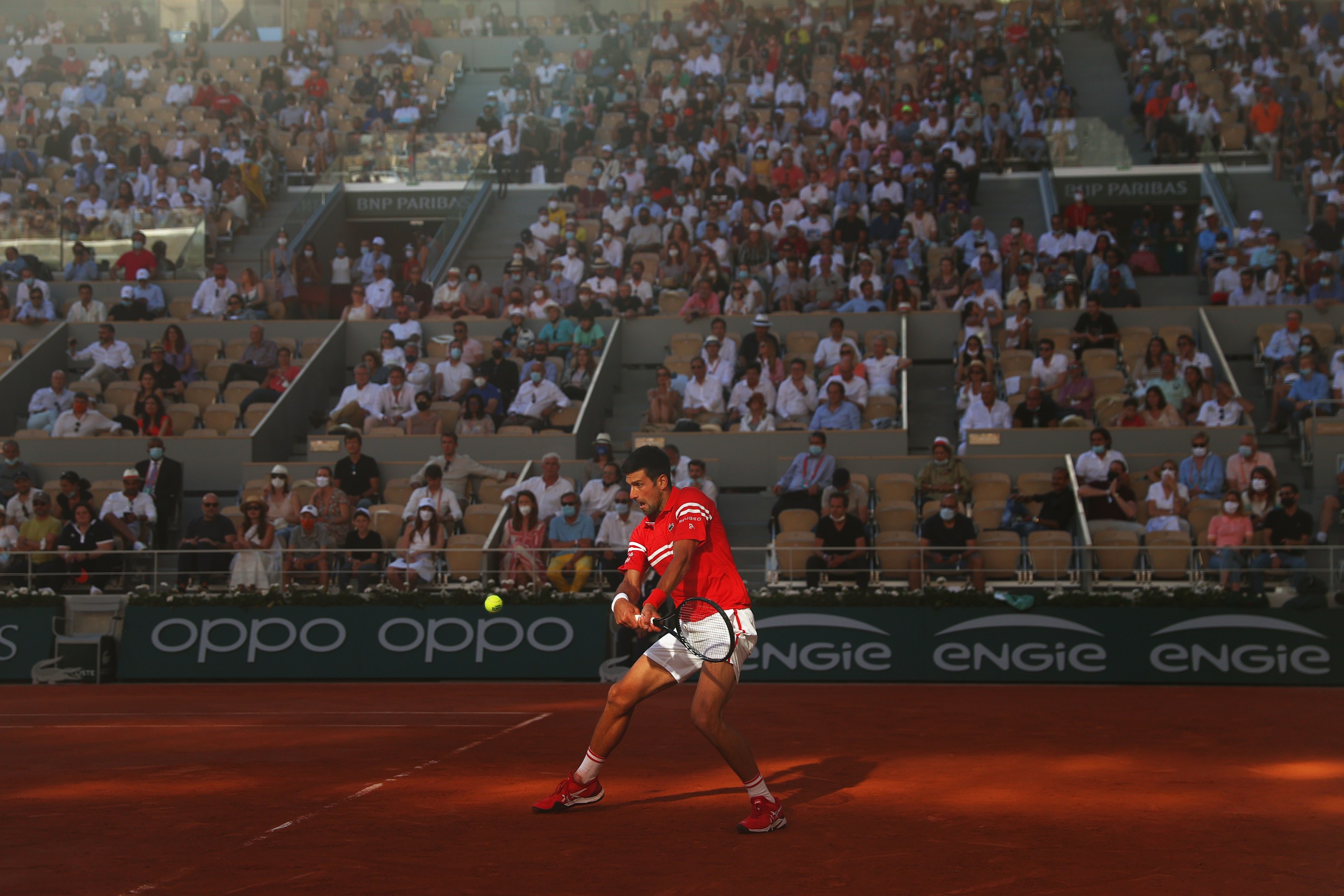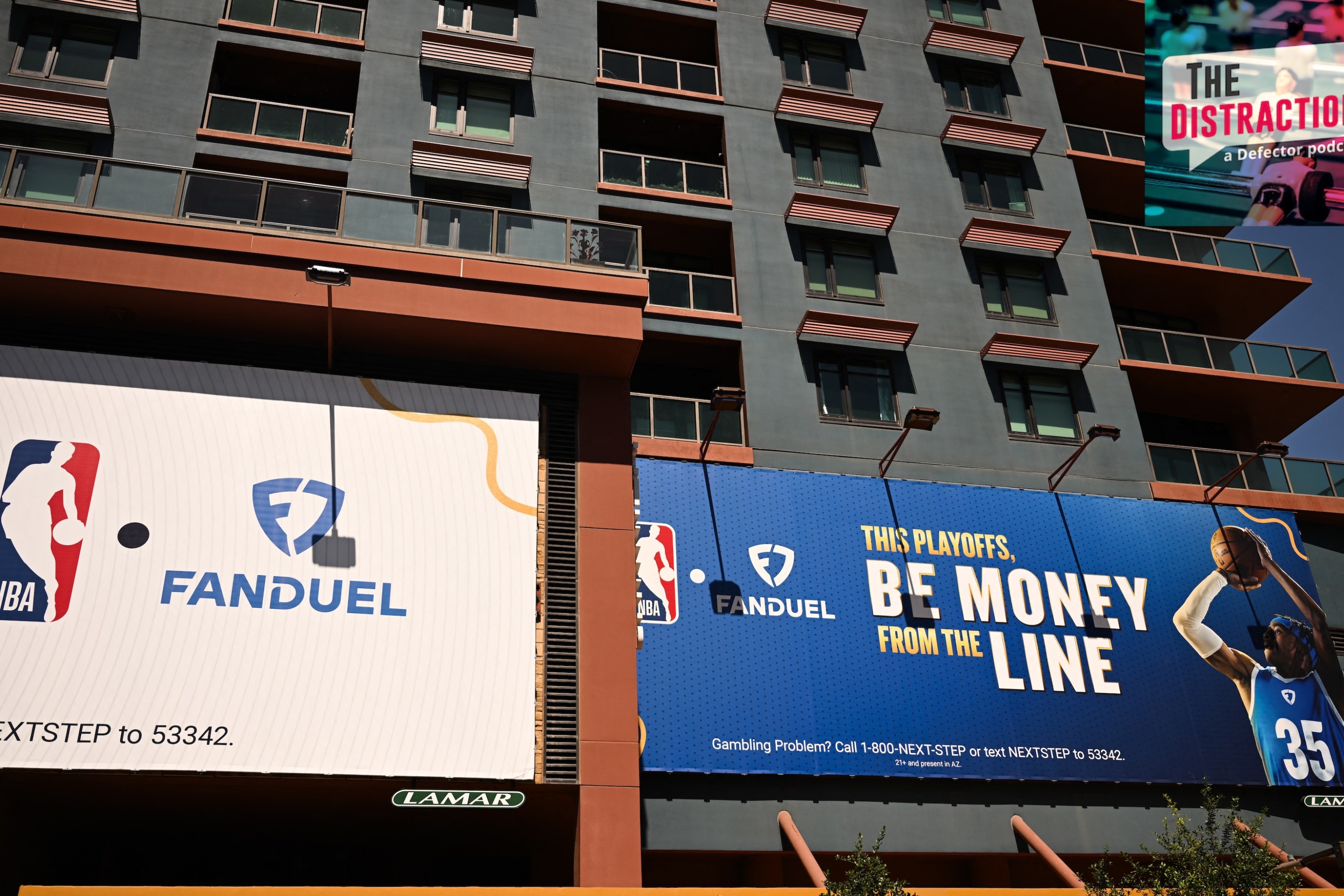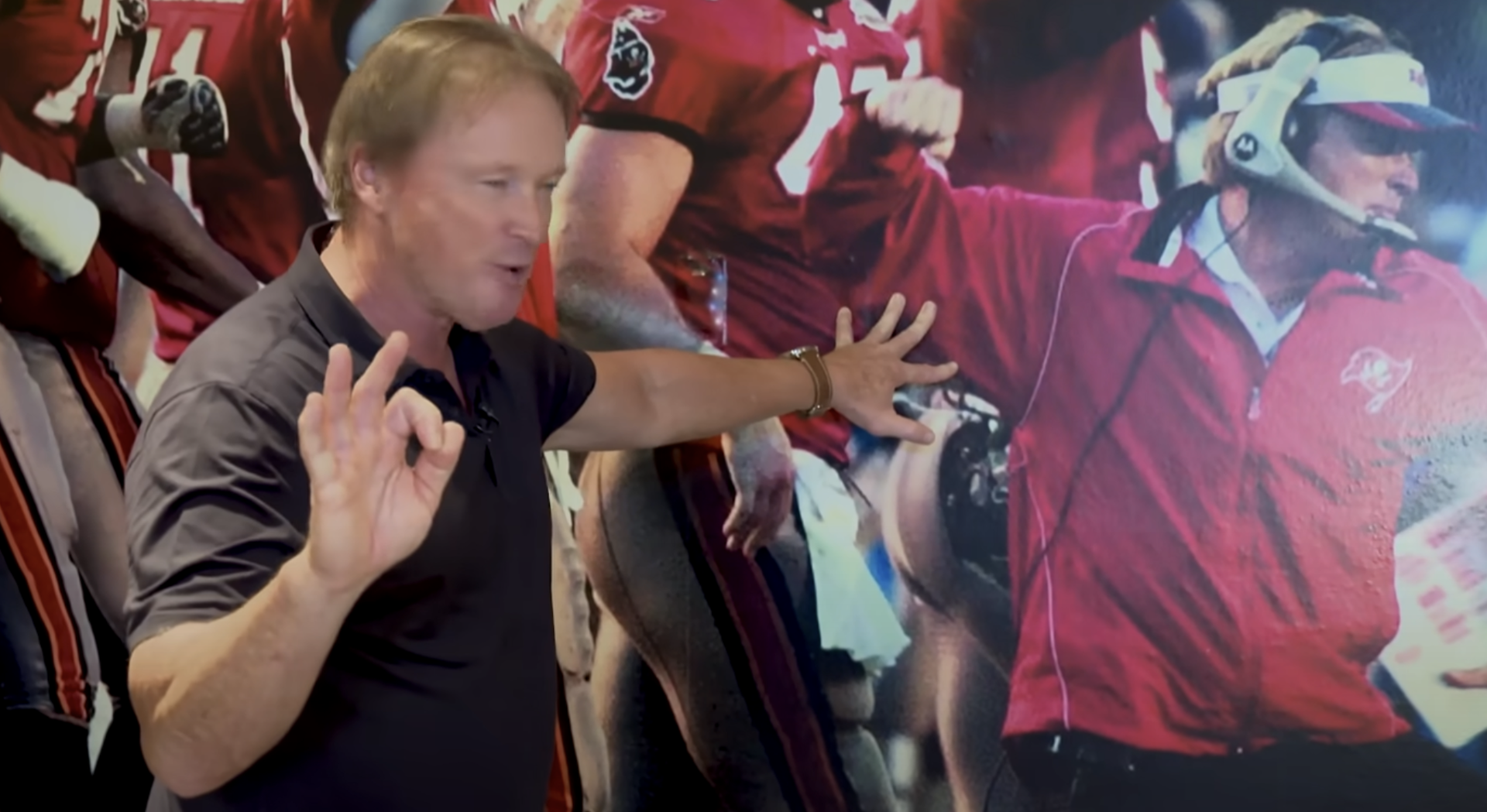The Professional Tennis Players Association, a players movement that was launched last August amid the COVID-19 pandemic and then went relatively quiet for months, has new leadership. In a Tuesday statement, the PTPA founders—World No. 1 Novak Djokovic and 66th-ranked Vasek Pospisil—said they had named an executive director and director communications, as well as a handful of other advisory board members to help guide the organization. After a somewhat haphazard start, opposition from star players satisfied with tennis's status quo, and criticism that the PTPA failed to articulate a clear vision for itself, this week's announcement can be understood as the PTPA opting for more structure and expertise. Ultimately, though, the success of the breakaway players faction, which aims to make the sport's financials more transparent, give players—both men and women—more decision-making power over factors that affect their livelihoods, and create fairer revenue distribution models so lower-ranked players have a better chance at earning a living, won't hinge on how many billionaires are on the board (at least two) or the slickness of the marketing campaign (it's giving amateur movie trailer vibes at the moment, anyhow), but on how well the PTPA can draw the line between its vision for the future of the tennis and the present.
"We are working toward growth to help all players, not just the top 100, to make sustainable livelihoods and have their rights protected on and off the court," Djokovic said in Tuesday's statement announcing the new leadership. "From top to bottom, we must use our collective voices to help players today, and tomorrow."
The statement named Adam Larry, who spent nearly a decade working with the National Hockey League Players Association, as executive director, and Carrie Gerlach Cecil, a partner at the L.A.-based public relations firm Anachel, as director of communications. It also named five advisory board members: Bill Ackman, Michael Hirshfeld, Rebecca Macdonald, Katarina Pijetlovic and Anton Rabie. While the press release didn't provide much information on any of the new PTPA leadership executives or board members, a look into their backgrounds shows the group to be a mix of tennis-loving businessmen and sports law experts.
"With the establishment of our advisory board, our branding and communications team and the appointment of Adam Larry as executive director, we have taken one step closer toward our goal of facilitating a fair and sustainable competitive environment for tennis players today, and for generations to come," Pospisil said in the statement.
Though the announcement didn't specify how exactly the PTPA, which is based in Canada, will facilitate these goals, the announcement is undoubtedly a positive step in what's shaping up to be the latest instance of tennis players trying to assert a measure of control over a sport that generates $2 billion per year. Perhaps most radically, in 1973, more than 70 players boycotted Wimbledon after the International Tennis Federation suspended a player for participating in a professional doubles tournament instead of a Davis Cup match. The boycott resulted in a miserable Wimbledon, the curtailing of the player's suspension, and most importantly, it won the players and the then-nascent ATP a say in the sport's governance. (Compare this to this year's French Open when tennis officials threatened to disqualify Naomi Osaka if she continued to skip post-match press conferences; she withdrew before it could escalate further, but the incident was a reminder of the ever-present power struggle between the people playing the sport and the people in charge of it.)
One of the newly appointed PTPA advisory board members is Katarina Pijetlovich, an author and researcher at Manchester Law School specializing in sports policy. Last September she wrote about the formation of the PTPA, grounding its launch in the history and evolution of the ATP and WTA, the current tennis governing bodies for men and women, respectively:
At their inception in the early 1970s, the ATP and WTA were indeed intended and designed to protect players’ interests. However, the decision-making was quickly overtaken by the tournament directors and the representation of players’ interests became inadequate. For example, the tournament representatives can outvote players’ representatives at the ATP Board of Directors, while the Players’ Council plays only a powerless consultative role in the decision-making process.
Like the ATP and WTA, the PTPA is not technically a union. As tennis players are independent contractors, not employees of a league or teams, traditional union organizing is practically impossible. Operating like a union, though, the PTPA will seek to leverage the collective power of professional tennis players to ensure more fairness and player protections. While organizing hundreds of professional tennis players living all over the world is no easy task, Djokovic, who was forced to resign from the ATP Players Council last summer due to his role in the PTPA, said earlier this month that more than 75 percent of the top-500 men's players have signed on to the PTPA and that the group is also reaching out to players on the women's side (he said last fall some 200 women's players had signed up). Djokovic has also stated repeatedly that the PTPA will not seek to replace the ATP and WTA, tennis's existing governing bodies, but that it "needs to co-exist in the tennis ecosystem with the APT, WTA, and all the other entities in sports and all the other institutions" in order to "represent the players’ rights as best as possible."
Larry echoed this idea in the press release: "First and foremost, the PTPA is the players' movement. The PTPA wants to work with all of the tennis governing bodies to inspire collective reform to better the sport."
He added: "It is our team's mission to ensure the players are fairly represented at all times and in all matters that affect their ability to compete, make equitable wages, and that involve their health and welfare. It is an honor to be a part of such an innovative group of leaders committed to doing the right thing."
Also earlier this month, Djokovic hinted at the people who had been involved behind the scenes, saying, “We have have a couple of very wealthy and influential people, successful people in business that are tennis fans that are from the United States and that are behind us, supporting us financially and also with their advice and consultations." Tuesday's announcement identified at least some of these wealthy and influential people: the members of the advisory board include hedge fund billionaire and tennis fanatic Bill Ackman and billionaire children's toy tycoon and tennis fanatic Anton Rabie.
Ackman, who has been cited as the inspiration for the character Bobby Axelrod on Showtime's Billions, simply loves tennis. He sponsored American tennis player Frances Tiafoe when he was a teenager, hired a Wake Forest tennis star to his hedge fund so he could play tennis with him, and once paid $100,000 to play a charity doubles match with John and Patrick McEnroe. From Vanity Fair:
Early in the match, McEnroe hit a lob to Ackman, who slammed it back, directly at McEnroe’s body. The gentlemanly thing to do would have been to warn McEnroe that the ball was coming at him, and then to subsequently apologize. But Ackman instead smashed the shot and turned around and walked to the baseline, without saying a word.
McEnroe seemed pissed. Here he was humoring some hedge-fund guy for charity, and the dude was taking it so seriously and being rude about it to boot.
In a tweet yesterday, he said: "With a bigger voice in the game, the players can help build a more sustainable and competitive sport for the fans. I could not be more delighted to be part of this important initiative."
Rabie, who is the CEO of the toy company that makes Hatchimals, Air Hogs and Paw Patrol, is also an avid tennis fan. A 2010 profile from TRNTO reveals that he's a health nut with a "mean forehand."
He’s out of bed at 6:30. Checks emails. Has breakfast of steel-cut oats with blueberries or 10- grain pancakes with eggs. Weights, cardio or tennis for an hour (loves tennis; he’s got a mean forehand, heavy on the topspin). Works from nine until six. Eats constantly: four small meals throughout the day, plus dinner. Takes phone calls on the commute home. Puts the Blackberry away. Spends two hours with his daughters. Takes the Blackberry back out. Goes to bed, always on an empty stomach, for health reasons.
(There's not much info to identify the other advisory board members, Michael Hirshfeld and Rebecca Macdonald, and an email to PTPA media went unanswered.)
For its part, the ATP released a statement yesterday reiterating its position that it already protects and advances the interests of players just fine, serving up the standard fare from any boss or company facing a union drive about how the upstart PTPA only serves to "divide the players." In the meantime, the PTPA received messages of support from the players unions of four other professional sports:
NBPA Statement of Support for the Professional Tennis Players Association
— NBPA (@TheNBPA) June 22, 2021
Link to full press release here: https://t.co/mimctcdTsB pic.twitter.com/k6TedIfbIQ
The MLBPA supports the @ptpaplayers pic.twitter.com/xUOZC4XQyd
— MLBPA Communications (@MLBPA_News) June 23, 2021
We stand with @ptpaplayers as they work to protect the rights and interests of all current and future players. 🤝 https://t.co/jPVy1DZ6UT
— MLSPA (@MLSPA) June 23, 2021
NHLPA statement of support for @ptpaplayers: pic.twitter.com/VOAQ64I4hE
— NHLPA (@NHLPA) June 23, 2021





